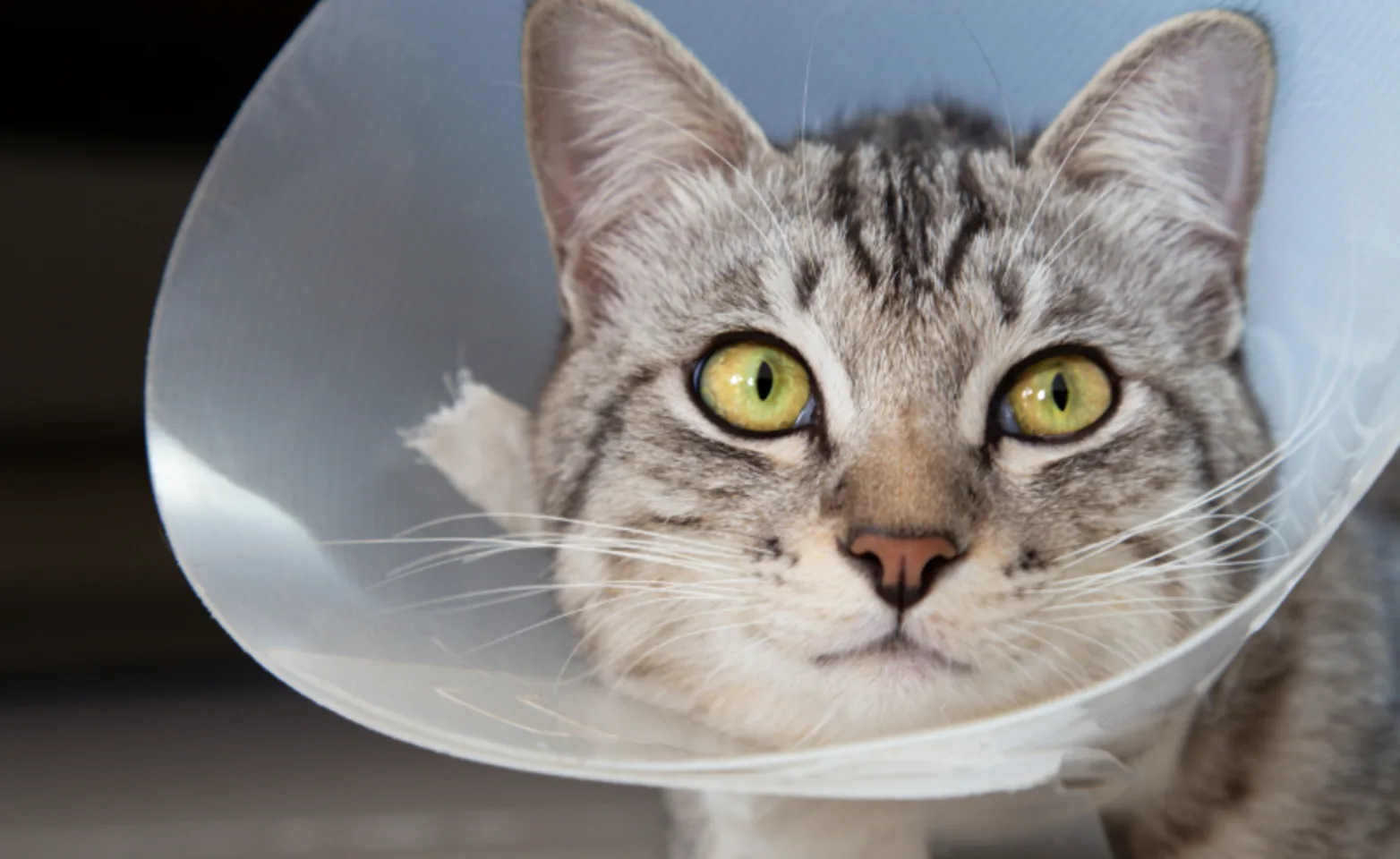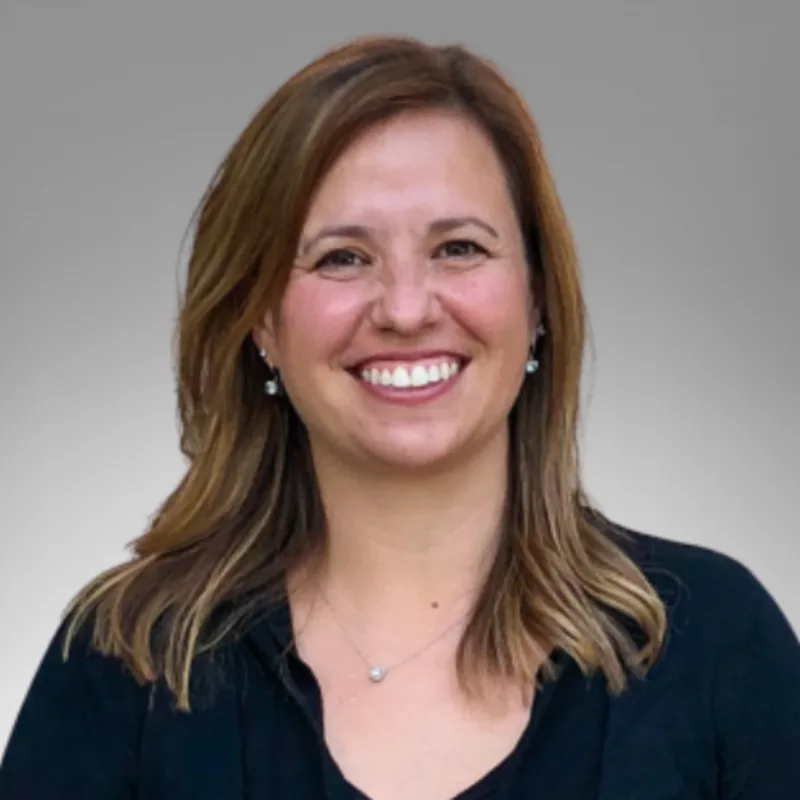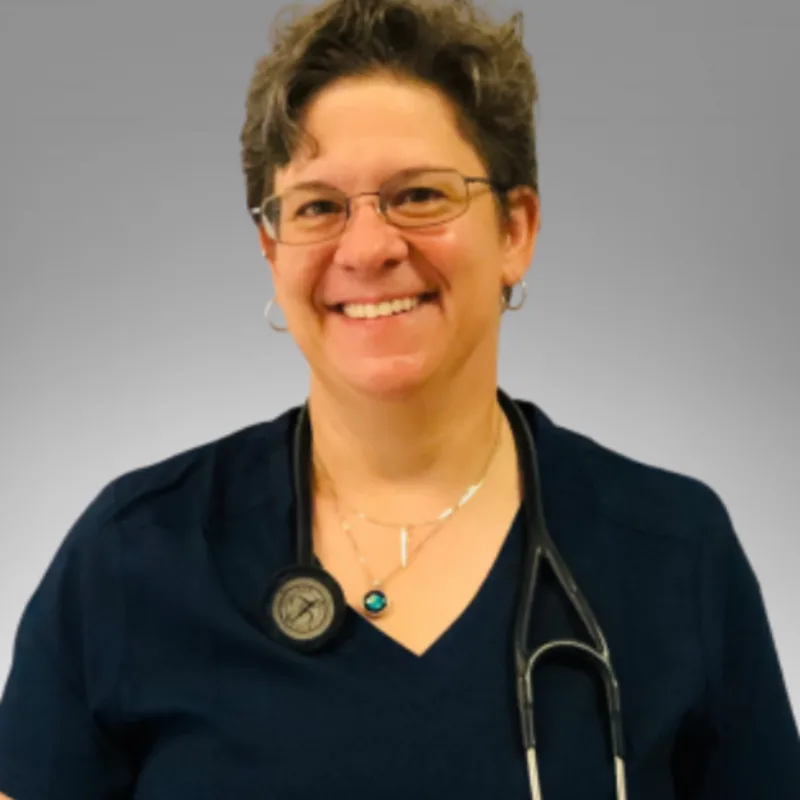Charleston Veterinary Referral Center (CVRC)

Surgery
Overview
The Surgery service at CVRC offers soft tissue (thoracic, abdominal, oncologic, reconstructive), orthopedic, neurologic, and minimally invasive surgery.
The goal of the Surgery service is to help your pet to enjoy the best quality of life and/or return to function after injury or illness.

What is a veterinary surgeon?
A board certified veterinary surgeon has obtained intensive additional training in all forms of surgery and has been certified by the American College of Veterinary Surgery (DACVS). The advanced training and education required for certification includes a veterinary degree (3 or 4 years of undergraduate university, followed by 4 years of veterinary school), a rotating internship (1 year), a surgery residency (3 years), and passing multiple rigorous examinations covering all aspects of anatomy, physiology, and surgery.
Board certified surgeons are also skilled in anesthesia and pain management.
What diseases does the Surgery service manage?
Lameness
Trauma
Broken bones (fractures)
Soft tissue injury
Cruciate ligament injury
Joint dislocations (luxations, subluxations)
Hip
Arthritis
Congenital defects
Patellar luxation
Bony deformities
Gastrointestinal
Obstructions (stomach, intestinal)
Perforations
Cancer
Orthopedic surgery
Soft tissue surgery
Urogenital
Stones
Obstructions
Infections
Abscesses
Penetrating wounds
Abdominal or chest cavity
Joints
Advanced Wound Care (WoundVAC)
What diagnostics does the Surgery service offer?
Physical exam
Detailed orthopedic exam
Diagnostic Imaging
Digital radiography
Ultrasound
Echocardiography
Fluoroscopy
CT
MRI
Myelography
Full in-house laboratory
Hematology
Blood chemistry
Urinalysis
Coagulation profile
Cytology
Full complement of external laboratories for advanced testing
Scoping
Joints (Arthroscopy)
Abdomen (Laparoscopy)
Chest cavity (Thoracoscopy)
What surgeries does the Surgery service offer?
Orthopedic
Fracture repair
Cruciate ligament injury (TPLO)
Luxating patella
Growth deformity correction
Joint dislocation (Toggle, FHO, Closed Reduction)
Amputation
Soft tissue disease or injury
Abdominal
Gastrointestinal
Foreign body removal
Gastric dilatation and volvulus (GDV)
Gastropexy (Stomach Tacking)
Mass removal
Biopsy
Gall bladder removal
Splenectomy
Liver shunt ligation
Thoracic
Mass removal
Biopsy
Pericardial surgery
Lung lobe surgery
Congenital heart disease correction
Patient ductus arterious (PDA) closure
Persistent right aortic arch (PRAA) correction
Oncologic
Mass removal
Biopsy
Amputation
Chemotherapy bead implantation
Reconstructive
Skin flap
Hernia repair
Wound management
Ear, nose, and throat
Brachycephalic airway surgery
Laryngeal paralysis
Total ear canal ablation (TECA)
Endocrine surgery
Urogenital surgery
Bladder stone removal
Reproductive procedures
SUB Placement (Subcutaneous Ureteral Bybass)
Nephrectomy (Kidney Removal)
Neurologic surgery
Intervertebral disc disease
Minimally invasive
Surgery using scopes
Joints (Arthroscopy)
Abdomen (Laparoscopy)
Chest (Thoracoscopy)
Minimally invasive fracture repair
What other treatments does the Surgery team offer?
Pain management (lameness, osteoarthritis, e.g.)
Joint injections
Bandage changes
Custom brace fittings and management
Do I need a referral?
No, you do not need a referral for our Surgery service. However, referrals are often beneficial as they provide us with direct details regarding your pet’s medical history. If you would like us to see your pet without a referral, please email us your pet’s complete medical records, along with any previous diagnostics that have been performed.
What should I expect during my visit?
If you are a new client to CVRC, we encourage you to fill out our online New Patient Registration Form ahead of time, or bring the form with you. Otherwise, please arrive to your appointment approximately 10 minutes early to complete this form in our office.
Your initial consultation with the Surgery service will take about an hour. If your pet’s care is more complicated and additional time is needed, we will keep you informed. Your visit will start with the Surgery technician getting a full history from you. Please bring any medications that your pet is taking. The surgeon will perform a physical exam and a detailed orthopedic exam. When the exam is complete, the surgeon will meet with you to explain their findings, discuss diagnostic or treatment options, and answer any questions you may have. Written reports will be emailed to you and your primary veterinarian. We will maintain an ongoing relationship with you to ensure the best experience for you and your pet.
What should I bring to my visit?
Your pet!
All medications that your pet is receiving.
All of your pet’s medical records (these can be emailed by your pet’s other veterinarians to CVRC).
The person bringing your pet to the initial appointment should have thorough knowledge of the pet.
Follow your normal routine for medications and feeding the day of your visit unless you have been instructed otherwise by our staff.
If your pet is anxious in the clinic and has been prescribed trazodone or gabapentin in the past, give a dose 1-2 hours prior to your appointment.
Will you keep my family veterinarian informed of the care my pet receives at CVRC?
Absolutely, as long as you wish us to. We will keep your primary veterinarian updated about everything that happens here so that we are all on the same page. Your veterinarian will also have access to your pet’s medical record through our portal.




